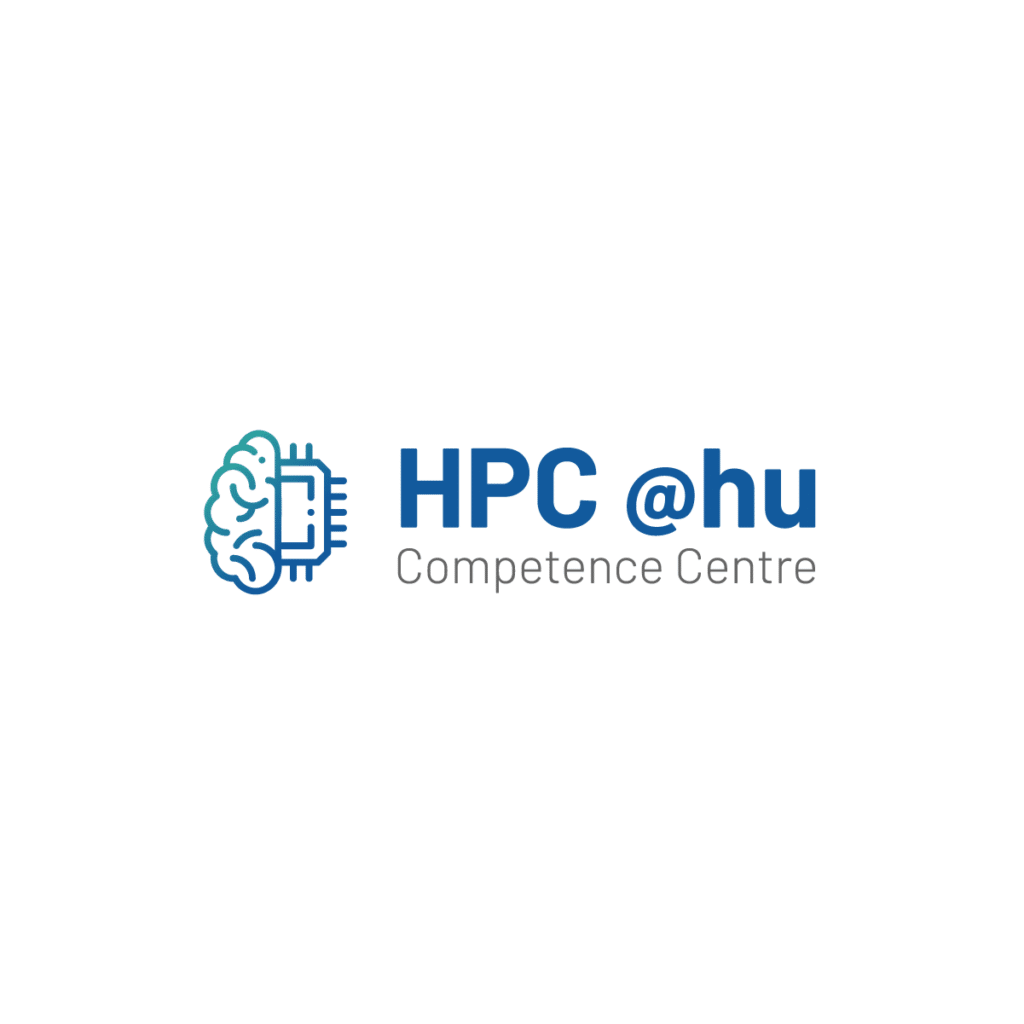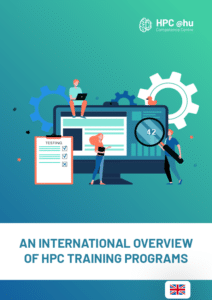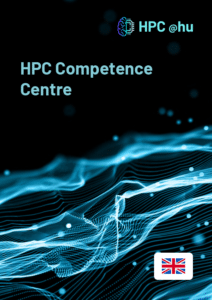
NCC Hungary
The use of supercomputers is extremely complex, and therefore, it cannot be expected from people other than specialists working in the IT field to understand every minute detail thereof. This inspired the creation of the Hungarian HPC Competence Centre (HPC@hu); this organisational unit was established in 2020 with the main objective of promoting and supporting more efficient and successful use of the supercomputer infrastructure in as wide a scope as possible. In order to achieve this, the Competence Centre pursues several activities: providing high-level user support, consulting, advisory services, and training required for the use of supercomputers, as well as disseminating an HPC culture. To this end, the HPC@hu cooperates with those institutes of academic education where professionals from the fields of sciences with an inevitable use of HPC are trained. Thus, the objective is to establish and operate an HPC ecosystem of European quality in order to support scientific research, academic education, and market/industrial innovation in Hungary. The Hungarian HPC Competence Centre is operated by KIFÜ.
Would you like to know more about HPC@hu? Have a look at our publications!

AN INTERNATIONAL OVERVIEW OF HPC TRAINING PROGRAMS
The objective of the present data collection and summary was to map training data from some European institutions that have considerable HPC training experience and to identify the key features of the training programs organised in the past two years and scheduled for 2021. In the light of these data, a picture of the practices used by HPC centres similar to ours and of the most important characte

INTRODUCING THE HUNGARIAN NCC: HPC@hu
The Hungarian NCC was launched in 2020, however, KIFÜ has 20+ years of experience in operating supercomputing infrastructures. In our introductory publication, you can learn about the history of supercomputing in Hungary, the details regarding the launch of the NCC and find information about the ongoing developments. (Date of publication: early 2021)